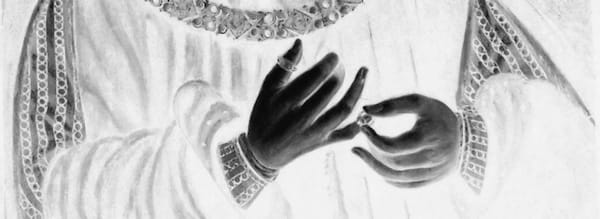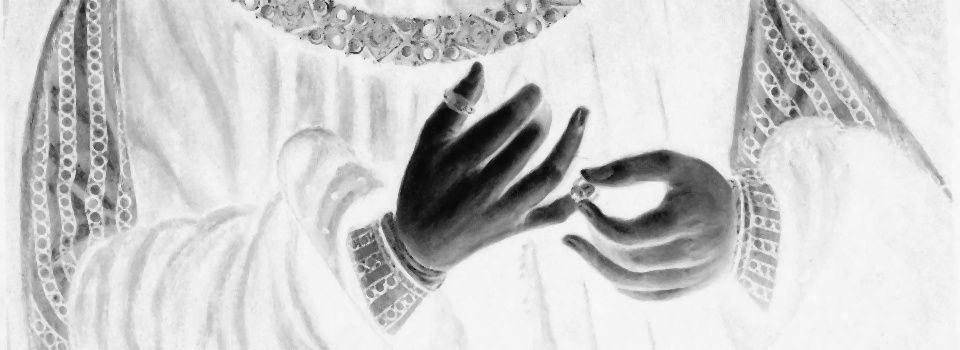The Shakesperian villain reincarnates in Congressmen Underwood in the tv series "House of Cards".
Series are more and more the best we can expect in the solitude of our well connected daily life. So it is never a waste of time to spend a few words about how the best series work on the imaginary of our world, to better try to understand how they re-activate myths, icons and epics. So welcome back to our beloved villain Richard the Third, the one who entered the Globe few centuries ago telling a distracted audience:
[…] since I cannot prove a lover
To entertain these fair well-spoken days,
I am determined to prove a villain
And hate the idle pleasures of these days.
The most terrible expression of a furious desire of power has reincarnated in the jacket and tie of Congressmen Underwood (performed on screen by the great Kevin Spacey). No more hump, no more sword or horse or golden necklaces, but the same ambition, the same capacity of fascinating the victims and then kill or destroy them. The myth of Richard is an historical one: the tomb of the hated King has been recently discovered, while his skeleton has been found mutilated and buried under a parking space in Leicester. The Plantagenet tyrant that put an end to the War of the Roses and then was killed in the Bosworth Battle in order to give long life to the Tudors (a lot of tv series on them too!) has always inspired any kind of bad character and the most important actors have faced some difficulties in performing him on stage (Spacey is one of them). However, in “House of Cards” Richard dismisses the hump and materializes in the middle of an age of “idle pleasures” to become the President of the United States of America. He is not interested in love, ideals, economics, money, sex, laws or anything that normally is connected to a politician. He uses anything and everybody just to obtain power exactly as Richard the Third (no surprise that the Netflix series is a remake of an English one from the middle of the ’90s, which makes it is easier to use the Plantagenet as a reference). But of course (as it has already been said) what gives the audience a dizzy feeling — and makes everybody hungry for more — is the fact that Underwood speaks directly “in camera” looking at you as you sit in your armchair. So you are his accomplice, his confident, his witness. You cannot escape from his monologues, you are not innocent, you are part of the fight for power: you are there to witness the emptiness of politics when it loses its mission of being expression of collective desire.

The director David Fincher is behind the production of the series: no wonder the script contains ambivalent layers and ambiguous perspectives. Underwood is the protagonist so the film guides the audience towards an identification with him but, at the same time, the audience is going to hate him more and more after every episode and every competitor that Underwood smashes down or kills (metaphorically or not). So the audience at the end hates themselves and want to escape from the film but this is not a given option: diabolical entrapment. Moreover, Claire Underwood (a upper class stylish lady Macbeth) helps the audience to see and admire a wonderful wife and marriage. She loves her husband and he loves her more than everything, they are accomplices, they want the same things and they systematically support one another. How could one expect more from a relationship? But they are awful, terrible, they fit each other just to destroy every and each obstacle. So a beautiful couple is a terrible one (let’s stick to our weak and faltering relationships!). Is there an end to this drowning into the hell of our contemporary politics? When will we see the Bosworth of Underwood? When will we hear his desperate and powerful cry: “My horse, my horse my kingdom for a horse!” Just a matter of time. Probably in the next series.
